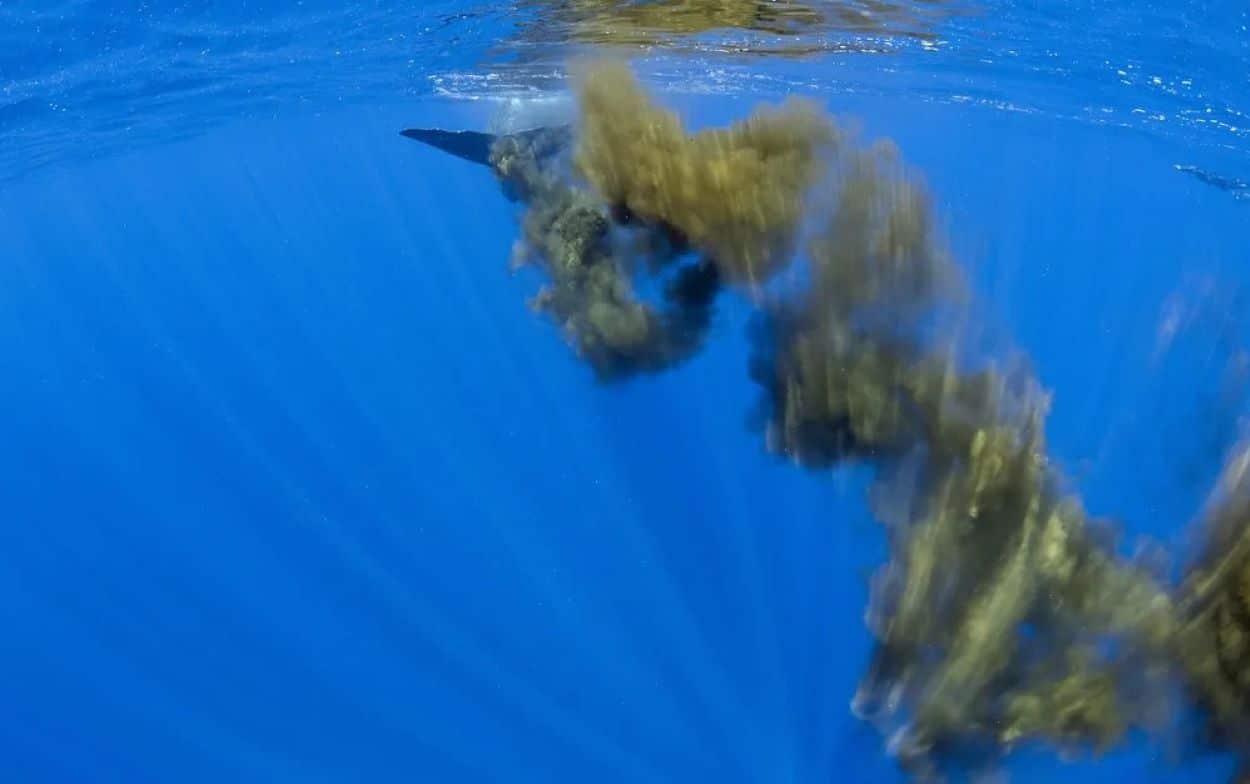Scientists have discovered an unexpected ally in the fight against climate change: whales. Despite their drastically reduced numbers, whales play a crucial role in marine ecosystems and climate mitigation through their feces.
Whale populations are recovering slowly from industrial whaling, leading to a lack of fecal matter critical for ocean health. This shortage has spurred scientists to develop artificial solutions.
Researchers are now creating synthetic whale feces and introducing it into the ocean. This initiative aims to replicate the ecological benefits of whale excrement, which is rich in nutrients essential for phytoplankton, the base of the marine food chain.
Thriving phytoplankton absorb significant amounts of carbon dioxide—equivalent to the emissions from 4.8 million cars annually. This process is vital for reducing atmospheric CO2 levels.
The reduction in whale populations has led to nutrient-poor waters, which hinder phytoplankton growth and decrease carbon absorption. To address this, scientists like Edwina Tanner and David King are inventing substitutes for whale feces.
Tanner’s team at WhaleX Foundation has engineered artificial whale feces that mimic the nutrient composition of the real substance. Their goal is to boost phytoplankton growth in nutrient-depleted areas. Following a promising trial in the Tasman Sea in 2021, WhaleX plans a larger-scale experiment in 2025 using bio pods—containers filled with nutrient-enriched water that enhance phytoplankton development before release into the ocean.
David King’s Marine Biomass Regeneration project at Cambridge University takes a different approach. It scatters nutrient-dense dust from volcanic and glacial origins over the ocean surface to trigger phytoplankton blooms.
These innovative projects could rejuvenate marine ecosystems, support fisheries, and enhance atmospheric carbon capture. However, due to international regulations on oceanic discharges, they face numerous challenges, including scientific, technical, and legal barriers.
The success of these synthetic whale feces initiatives could redefine ocean conservation and carbon sequestration strategies.
While the idea may initially seem unusual, it is part of a broader initiative to restore ocean balance and combat the climate crisis. If effective, artificial whale feces could become a new tool in the battle against global warming, leveraging nature-inspired solutions.






